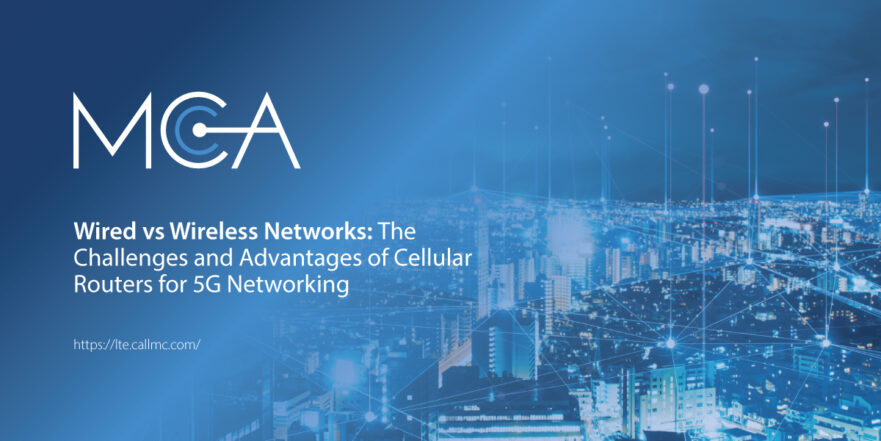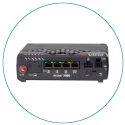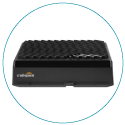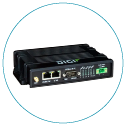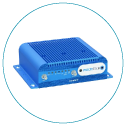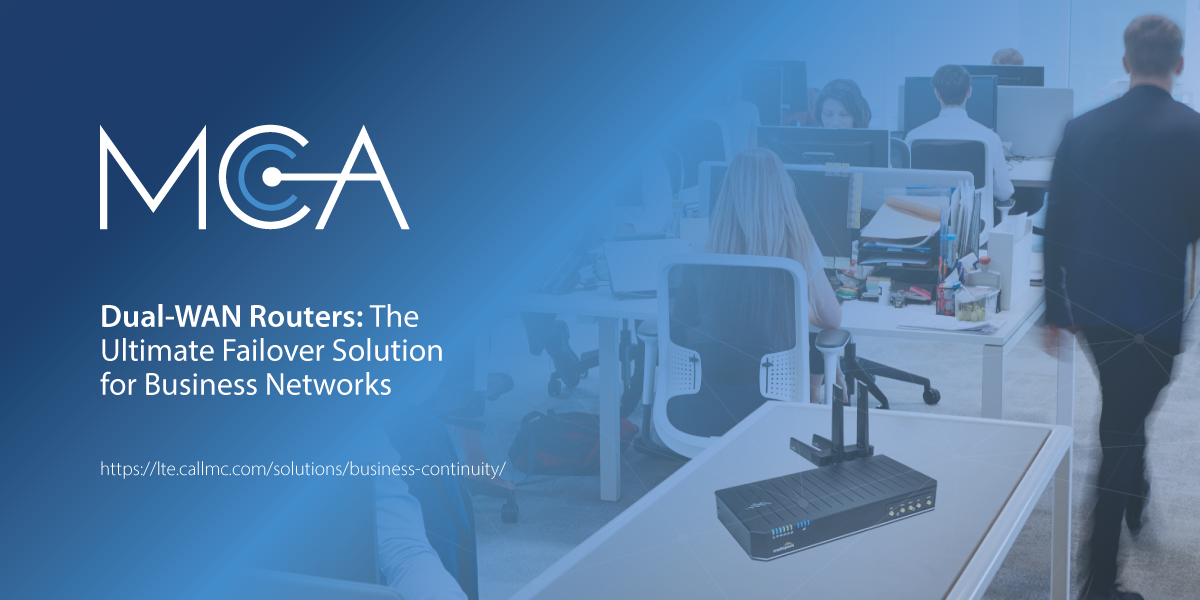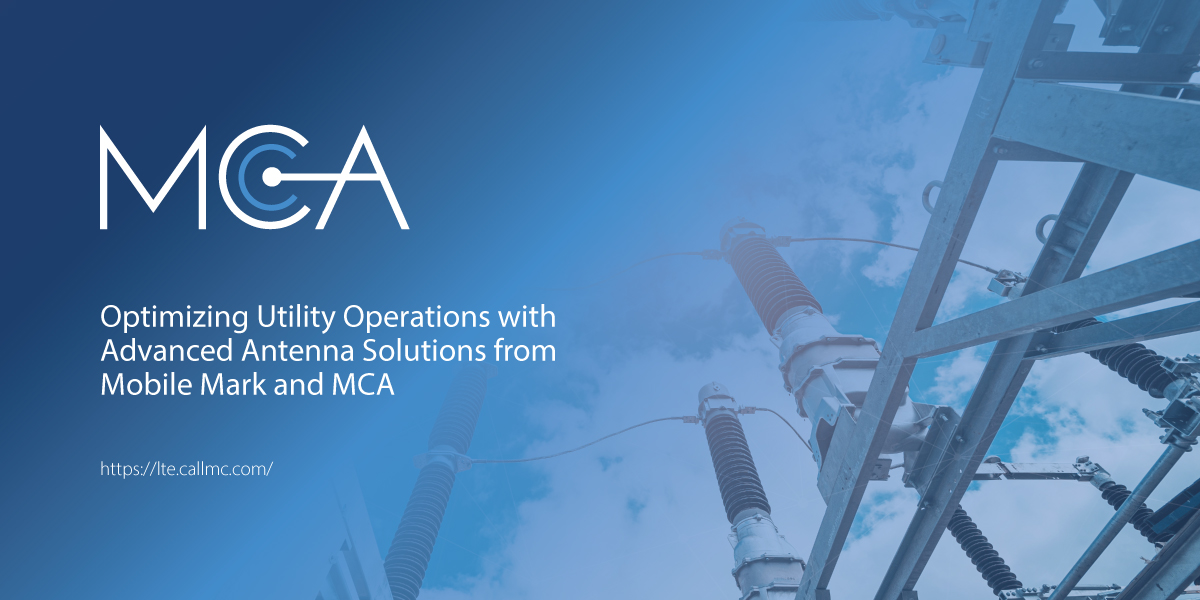The Challenges and Advantages of Cellular Routers for 5G Networking
As the digital landscape continues to evolve, businesses are presented with the decision to choose between wired and wireless networks for their connectivity needs. This decision is becoming even more pressing as 5G technology gains traction, offering new possibilities and challenges. Wired networks have long been the backbone of business connectivity, providing stability and speed.
However, with the rise of 5G and the advent of cellular routers, wireless networks are emerging as a formidable contender, especially for businesses seeking flexibility, scalability, and speed.
Cellular Routers Help to Overcome the Limitations of Wired Networks
For decades, wired networks have been the go-to solution for business connectivity. From copper to fiber optic cables, these networks have offered high reliability and speed. However, as businesses grow and adapt, the limitations of wired connections have become increasingly clear. Installation can take weeks or months, deployment requires significant infrastructure, and businesses are often left tethered to fixed locations.
Enter cellular routers powered by 5G technology. Cellular routers offer a game-changing alternative that overcomes many of the challenges faced by traditional wired networks. These routers connect to cellular towers, offering wireless, high-speed internet access without the need for cumbersome cables or infrastructure. With the advent of 5G, the capabilities of these routers have expanded significantly, offering high-performance connectivity that rivals or even surpasses wired broadband in many cases.
Differences Between Wired and Wireless Networks
Deployment Time
One of the most notable differences between wired and wireless networks is the time it takes to deploy. Wired networks require a lengthy setup process that involves significant planning, equipment installation, and configuration. Deployment can take anywhere from 30 to 90 days or more, depending on the complexity of the infrastructure.
On the other hand, wireless networks, particularly those utilizing cellular routers, offer instant connectivity. With a plug-and-play solution, businesses can start connecting to the network on day one by simply plugging in the router. Cellular routers are pre-configured to connect to the nearest cellular tower, offering businesses fast and reliable internet access without the need for a lengthy setup.
Mobility and Flexibility
Wired networks are tied to physical locations, making them less flexible for businesses that require mobility. Whether moving offices, setting up a temporary location, or responding to emergency situations, wired networks often require costly and time-consuming infrastructure changes.
Wireless networks, especially those supported by cellular routers, offer unparalleled mobility. These routers can be easily relocated, ensuring that connectivity is maintained wherever the business goes. For example, businesses operating in remote locations, such as mines or large agricultural fields, can deploy IoT sensors and other devices that would be impractical with wired solutions.
Speed
Wired networks, particularly fiber optic connections, are known for offering high speeds, often considered the gold standard for internet performance. However, 5G technology is quickly closing the gap. With mid-band 5G and mmWave, cellular networks can provide speeds that are comparable to or even exceed traditional broadband in many areas.
The speed of wireless networks powered by 5G can be a game-changer for businesses that require high-performance internet access, such as those involved in data-intensive operations or real-time communication. With 5G, wireless connectivity has become a serious contender in scenarios where high-speed internet was once only achievable through wired solutions.
Dependability and Reliability
Wired networks are known for their stability and reliability. However, they are vulnerable to disruptions from physical damage, such as construction projects, weather events, or natural disasters. If a cable is cut or a connection is damaged, businesses can experience prolonged outages until the issue is resolved.
Cellular networks, on the other hand, boast superior dependability due to their distributed infrastructure. Cell towers are strategically placed to provide broad coverage and redundancy, ensuring that businesses stay connected even during adverse conditions. Cellular routers are also less susceptible to physical damage, providing a more resilient and reliable solution for businesses that need consistent connectivity.
Security
Security is a paramount concern for any business, and both wired and wireless networks have their own security challenges. Wired networks offer physical security in the sense that unauthorized users must physically tap into the network to access data. However, wireless networks, particularly 5G, have made great strides in improving security.
5G technology incorporates cutting-edge security measures, including advanced encryption, user authentication, and real-time threat detection. Cellular routers add another layer of security with features such as private access and secure internet connections. When properly configured, wireless networks can offer security that is on par with or even exceeds that of wired networks.
Common Challenges of Cellular Networks
While cellular networks offer numerous advantages, they are not without their challenges. Some concerns are rooted in outdated perceptions or experiences with early wireless technologies, but these concerns are becoming less relevant as 5G continues to mature.
Performance
One of the most common misconceptions about wireless networks is that they are inherently slower or less reliable than wired solutions. While this may have been true in the past, advancements in 5G technology have drastically improved the performance of cellular networks. 5G delivers significantly faster speeds, lower latency, and improved reliability, making it a viable option even for bandwidth-intensive applications.
Cost
In the past, cellular data plans were often seen as an expensive alternative to wired solutions. However, the rise of unlimited data plans and the growing availability of affordable wireless options has leveled the playing field. Furthermore, businesses can save on the costs of wiring infrastructure, installation, and maintenance, making wireless networks a more economical choice, especially for businesses with multiple locations or temporary needs.
Reliability
Concerns about reliability often stem from experiences with mobile devices that struggle to maintain a connection in areas with poor signal strength. However, fixed wireless solutions like cellular routers offer reliable connectivity by strategically placing the routers in areas with optimal signal reception. In addition, the redundancy built into cellular networks, as well as the ability to use multiple carriers with dual SIM functionality, enhances the reliability of wireless networks.
Complexity
Some businesses may fear that managing a wireless network is too complex or requires specialized IT expertise. However, modern cloud-based management platforms have simplified the process. These platforms allow businesses to deploy, monitor, and troubleshoot their cellular routers from anywhere, making wireless networks easier to manage than ever before.
A Hybrid Approach Offers The Best of Both Worlds
In some cases, a hybrid approach that combines both wired and wireless networks may offer the best solution. Hybrid networks allow businesses to leverage the strengths of both technologies, creating a more robust and adaptable connectivity solution.
Uninterrupted Connectivity
A hybrid network ensures uninterrupted connectivity by providing seamless failover. If one connection goes down, the other automatically takes over, minimizing downtime and ensuring that businesses stay connected at all times.
Carrier Diversification
By incorporating multiple cellular carriers, businesses can ensure that they are not reliant on a single provider. This redundancy helps protect against outages and ensures that connectivity remains stable, even during disruptions in one carrier’s service.
Bandwidth Aggregation
Hybrid networks can also combine bandwidth from both wired and wireless connections, resulting in higher throughput and more consistent performance. This aggregation makes hybrid networks more reliable and efficient, particularly for businesses that require high-performance connectivity.
Is A Wired or Wireless Network The Better Option?
Ultimately, the choice between wired and wireless networks depends on the specific needs of the business. Wired networks, particularly fiber optic connections, offer exceptional speeds and reliability but come with drawbacks such as high installation costs and limited flexibility. Wireless networks, especially those powered by 5G cellular routers, offer unmatched mobility, flexibility, and ease of deployment, making them ideal for businesses with evolving needs or remote locations.
As 5G technology continues to evolve, cellular routers will play an increasingly critical role in delivering high-speed, reliable, and secure connectivity. By understanding the challenges and advantages of both wired and wireless networks, businesses can make more informed decisions and build networks that are capable of supporting their growth and adaptability in the future.
About MCA and Our CNS Team
MCA is one of the largest and most trusted integrators in the United States, offering world-class voice, data, and security solutions that enhance the quality, safety, and productivity of customers, operations, and lives. More than 65,000 customers trust MCA to provide carefully researched solutions for a safe, secure, and more efficient workplace.
Our Cellular Networking Solutions (CNS) team (formerly known as USAT) is made up of certified experts in designing and deploying fixed and mobile wireless data connectivity solutions for public and private enterprises nationwide - complete with implementation, training, proof of concept (POC), system auditing, and on-site RF surveying services with optional engineering maintenance contracts.
Our extensive catalog of world-class routers, gateways, and software designed for remote monitoring and management in even the harshest environments allows us to deliver a full suite of reliable technologies capped with a service-first approach.
Share this Post

